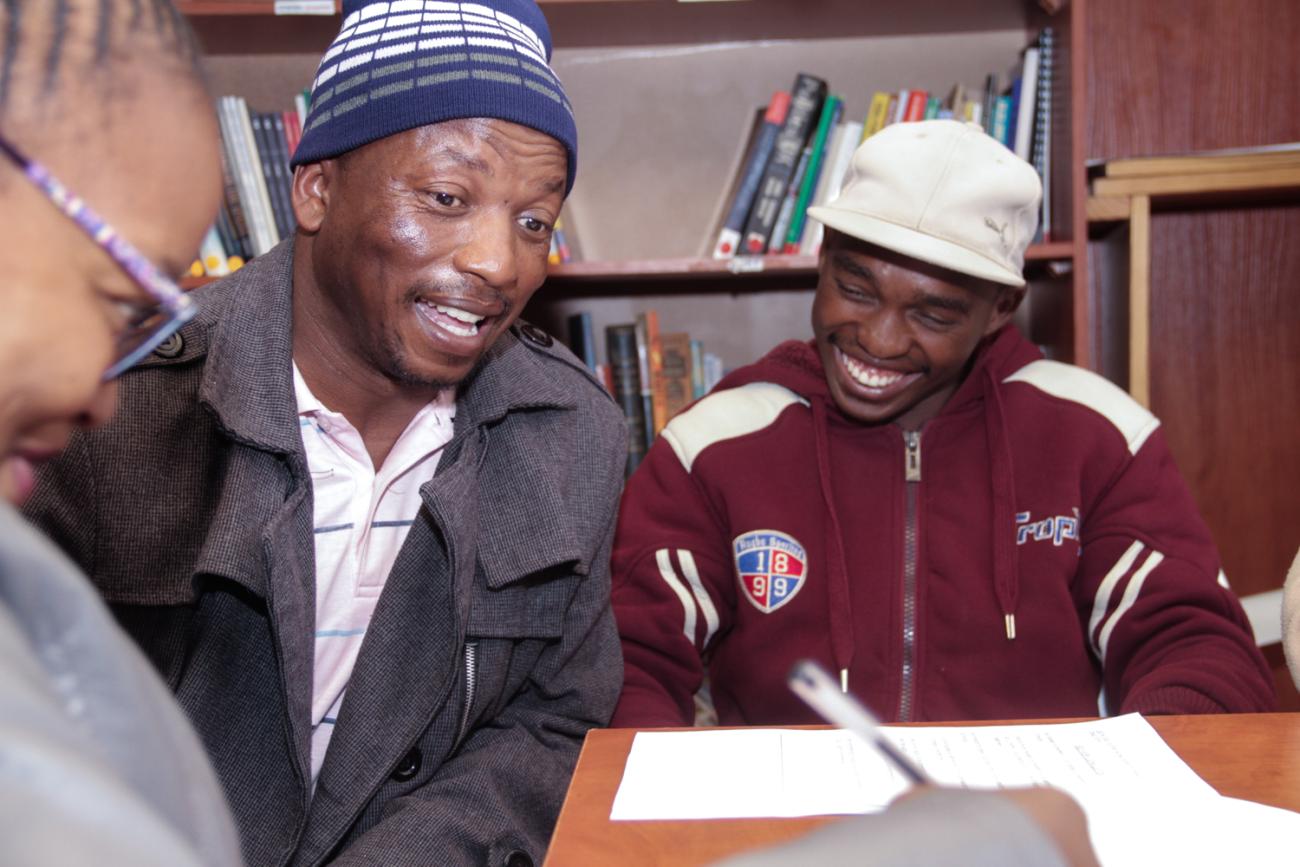Reality is relative. After all, we all perceive the world through our own eyes and unique experiences, which taps into our background and understanding of our surroundings.
With this in mind, UNDP, UNICEF and UNFPA Lesotho rolled out two initiatives to better understand people’s perceptions of social, economic and environmental gains through the 2030 Agenda and the Sustainable Development Goals (SDGs). The initiative, led the Government of Lesotho, with support of the UN team centered around using collective intelligence to model new forms of data collection, through perception surveys and a social media analysis, to build feedback mechanisms that could improve decision-making and citizen reporting in Lesotho.
The Government of Lesotho used perception analysis to complement its Voluntary National Review, an assessment of how countries are progressing towards the SDGs. Lesotho is presenting its review during the High Level Political Forum on Sustainable Development at UN headquarters 9-18 July.
Leveraging technology to Leave No One Behind
With support from the UN Development Coordination Office (DCO) through the Delivering Together Facility, we used a real-time monitoring module powered by UNICEF’s RapidPro technology that allowed us to engage with citizens in our efforts to understand their sentiments and perceptions of the 2030 Agenda through Twitter, Facebook and SMS. We used nationally agreed SDG indicators and the MY World Scientific Question Library, developed by SDG Action Campaign, to build the survey which, in turn, helped us to learn more about people’s experiences in various areas of their lives.
We also used SMS because we knew that we could reach more people, including those who don’t have access to smartphones or internet connectivity. The best thing of all is that anyone that received the survey could participate for free!
Within a week, we reached a total of 649 citizens triggering 11,560 responses.
Here is who we surveyed and what we found out:
- 73 percent of the respondents were aged 21-40.
- 59 percent of the respondents completed their secondary education.
- More women (54 percent) responded to the survey in comparison to men (43 percent).
- 46 percent of the participants come from an urban background.
- 47 percent of the respondents are currently unemployed.
- Most respondents feel that they live in an unfair society (56 percent).
- 63 percent stated that the pay between men and women is equal.
Even though people are not expected to make payments under the hood to benefit from public or government services, the ones that did pay public employees, received better and quicker services 48 percent.
To complement the perception surveys, we also conducted a social media network analysis with Pulse Lab Kampala to understand how the SDGs are perceived and reflected across social media users in Lesotho.
We used predefined keywords and selected a total of 45,262 social media posts from the last 12 months. The insights, sentiments and trending topics from this mining exercise helped us to inform the analysis of the voluntary national review by referencing the status-quo of the public discourse on SDGs.
Lesotho is one of the 47 countries to conduct a voluntary national review at the High-level Political Forum this year. In a nutshell, Lesotho has the opportunity to share its experience, including successes, challenges and lessons learned as they make the 2030 Agenda operational.
From this analysis, we identified a generally positive discourse for SDG 4 (Quality Education), but negative ones for SDG 8 (Decent Work and Economic Growth) and SDG 16 (Peace, Justice and Strong Institutions), as a possible reflection of the situation in Lesotho.
Filling in the data gaps with citizen-generated data
For us, using new forms of data collection, be it citizen-generated data, perception data or new types of (big) data mined through social media, gives us the opportunity to fill in existing data gaps. It also allows us to engage citizens through tech and include them in our decision-making processes to understand the ‘situation on the ground’.
We are aware that citizen-generated data is seen as proxy data and will not replace official monitoring and evaluation but we think it’s important to make use of our tools at hand to successfully implement the SDGs. Engaging citizens on their perceptions goes beyond understanding their opinions, it’s also about challenging our own ideas of reality in the context where we operate.







